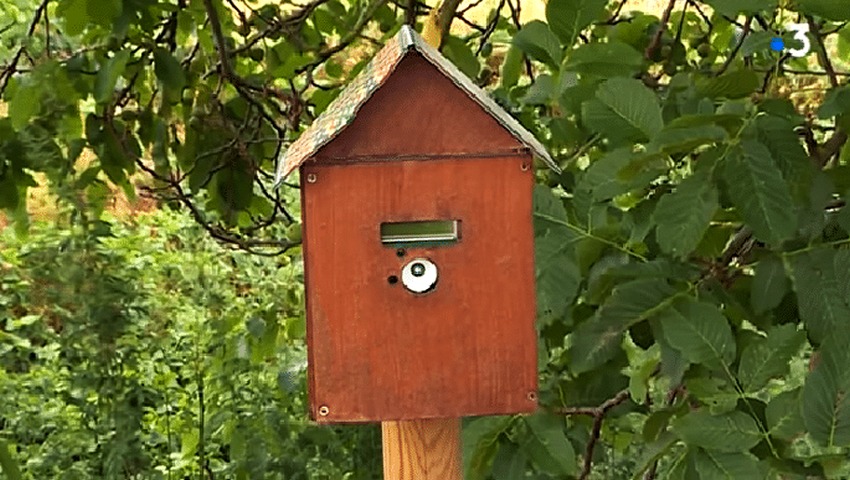Spraying pesticides in vineyards is essential to protect plants from insects and bugs. However, these chemicals are certainly not good for health. Often we enter orchards and vineyards without realizing that hazardous respiratory exposure may result in entering pesticide particles in our body. To tackle this, a Burgundy engineer has developed a small wooden box called Notiphy Box which alerts passersby about the possible pesticide exposure in the nearby field.
In France, vineyards are the most treated plots. People do not know the areas that are most affected by pesticides, resulting in harmful impact on human health and the environment. Therefore, the engineer has come up with this small box that needs to be installed at the entrance of the vineyard to warn workers, professionals and tourists about the possible risk. This way passersby can easily avoid entering the treated areas to avoid air filled with pesticides.
Testing
The first prototype was installed in one of the Chouilly-sur-Marne vineyards. According to CIVC’s head of the vineyard department, Sébastien Debuisson, this concept is quite interesting since there are lots of trainees and temporary workers at the champagne committee who have to work in fields and perform different tests. This small box allows them to know which places are treated.
This notifies people about current phytosanitary treatments even before entering the vineyard. Several French domains have already shown interest in the Notiphy Box, especially the Bordeaux region and Burgundy.
Via: HelloBiz
Follow Homecrux on Google News!

